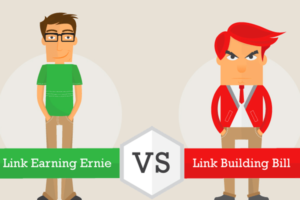Content Attributes
There are many daily challenges facing an SEO, but above all one is able to engage even the most experienced: that of defining the search intent for SEO purposes.
What is the research intent?
What is the research intent? It is, quite simply, what the user wants, why he typed words in the search engine.
It is his final goal, and defining it using the keys is not always very simple, on the contrary. The study of the search intent, or search intent, consists of trying to classify the queries taking into account the purposes of the users, in order to consequently set the SEO of their website.
The search intent, we said, is nothing more than the reason why a certain user has decided to do some research on the web engine: this happens to millions of people, every day.
The user may have done his research for many reasons: for example, to find a service close to him, to inquire about a certain topic, to view a specific website, or because he wants to buy products or services. These are good or bad types of research intent that can be classified.
Based on the research intent, it is possible to determine the query used by the user which can be a navigational query (looking for the specific website), or informational (for those who want to deepen a certain topic or search for news) or transactional ( aimed at concluding a commercial transaction).
The study of research intent then passes through the study of queries and their types.
Why study the search intent
The study of the search intent is necessary for anyone involved in SEO as it allows us to optimize the site for the search engine, and to establish what type of activity to follow for its positioning.
Writing an article without taking into consideration the research intent means that the article will get lost in the immense world of web information and can hardly be found by users, even by those looking for it.
Instead of knowing the research intent of people who use the web helps to perfectly answer their question, to set up every single article so that it can be easy to find by inserting a query of a certain type.
This obviously requires the optimization of the contents following the search intent. That is the direct modification of the pages of the site in order to try to answer specifically the question.
Today, in fact, Google does not index the sites only by keywords, but also by connecting them together to evaluate whether the content is actually satisfactory with respect to the user’s query (i.e. with respect to the real search intent). That’s why studying queries well is very important to create quality content, complete and exhaustive and that also makes many visits.
If a customer wants to buy a certain product, your site will have to take into account his research intent. If, on the other hand, you want to inquire, you must focus on the navigational queries used.
Obviously this is not a simple job at all, on the contrary: it is a very complicated and sometimes even long job, but that every SEO professional must be willing to do to optimize his site and make it truly competitive and visible in search engines. Website optimization taking into account what the user is really looking for is, therefore, the real key to the long-term success of a portal and is a fascinating challenge, but one that offers excellent results.



